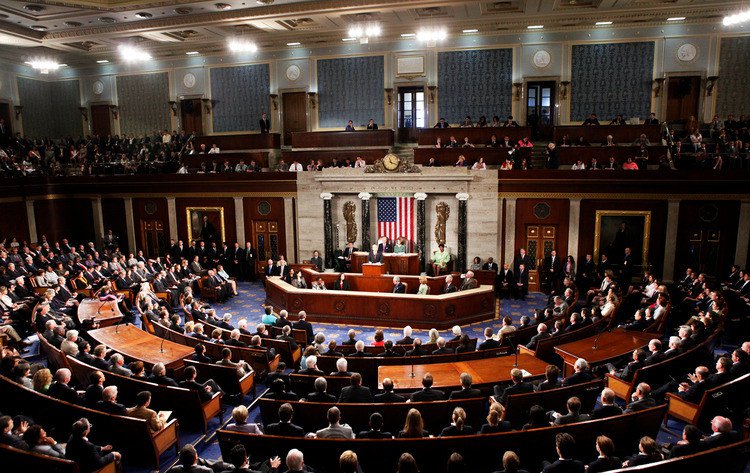Independents Dissatisfied with Both Parties in Congress, Poll Finds

A Gallup poll released June 26 revealed that Americans satisfaction with congressional performance is quickly approaching historic lows. Respondents rated the Democrats at 34 percent and the Republicans at 26 percent -- well below their respective averages of 42 percent and 37 percent since 1999. The overall approval rating of Congress is even lower, landing at 17 percent.
A closer look reveals that the numbers themselves are a reflection of the deeply ingrained partisan division for which Congress has been so maligned. Sixty-three percent of those who identified as Democrats gave the Democrats in Congress a favorable rating, while only 10 percent thought favorably of the Republicans.
Republicans seemed slightly more discontent with the performance of their own party, with 48 percent giving a favorable review. However, they still maintained a consistent level of animosity for their opposition -- 11 percent view the performance of congressional Democrats as favorable.
The group showing the least satisfaction with both the system and the parties were those who identified as independents. Their rate of satisfaction with the performance of Congress as a whole was below the national average at 15 percent, as was their satisfaction with the performance of the two major parties -- 23 percent approving of Republicans and 26 percent approving of Democrats.
The numbers were similarly low this time last year in the months and weeks leading up to the 2012 election. Despite the displeasure voters insisted they were feeling, 90 percent of House incumbents and 91 percent of Senate incumbents won their re-election bids. This presents a bit of a paradox. Voters openly express their discontent, but when given an opportunity to express themselves, they insist on resisting new congressman.
There seems to be a cognitive dissonance in the way voters perceive congressional elections. While they have a strong sense of general disdain for the institution itself, they seem to believe that their own representatives aren’t part of the problem. Or, perhaps they view a problematic member of their own party as better than anyone from the opposing party.
In either case, it seems that as much as voters want Congress to change, incumbents remain in office. This poll seems to suggest that as long as voting continues on strict partisan lines, the rate of political turnover (along with the congressional approval rating) is likely to remain very low.



